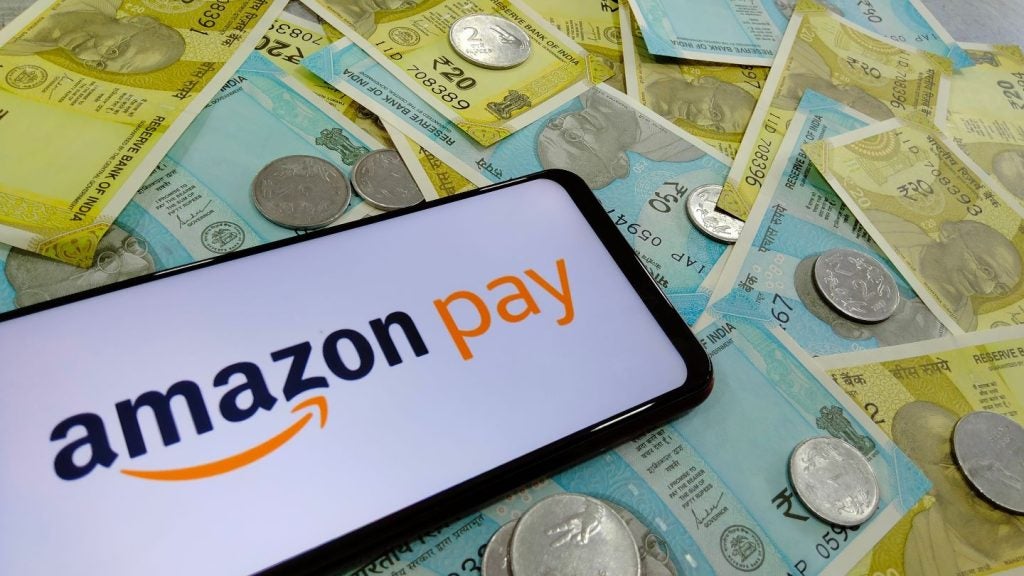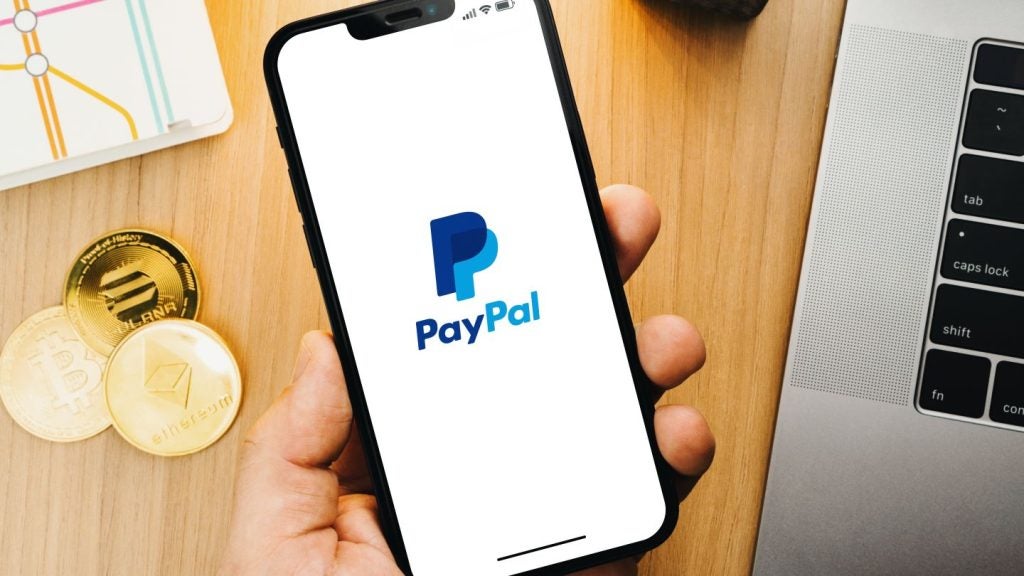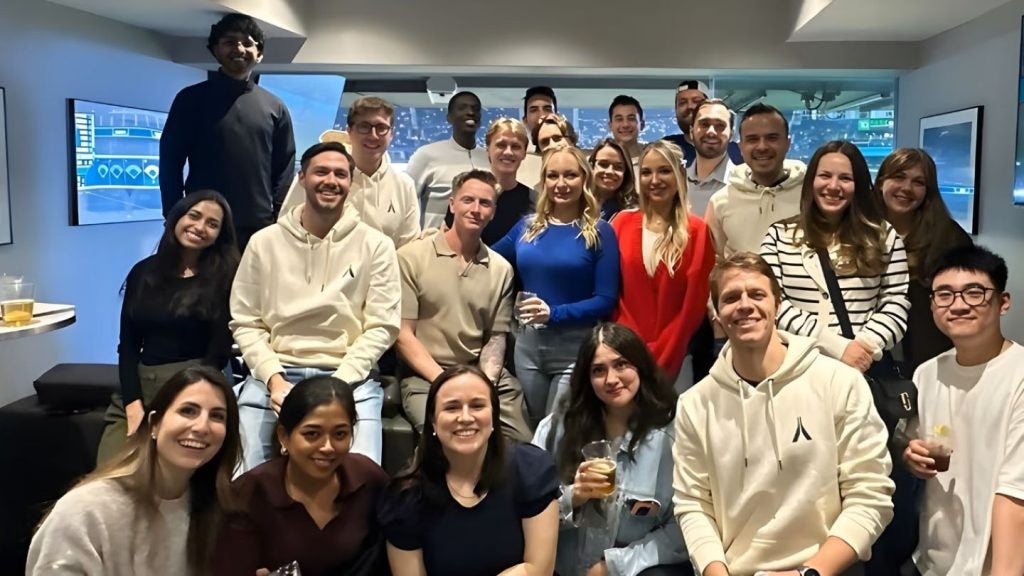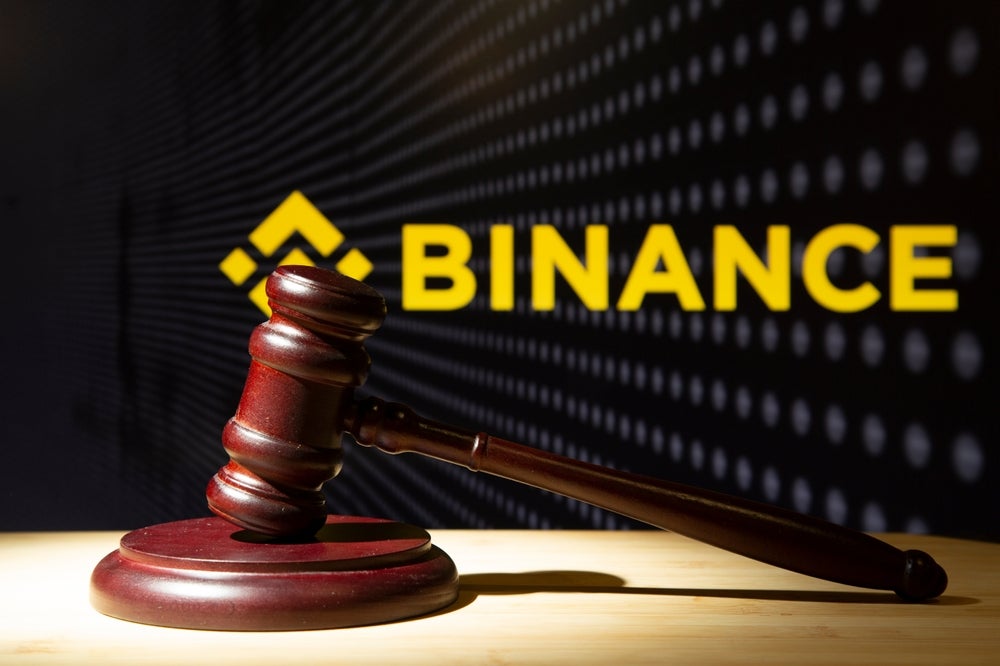A number of small businesses
are finding a niche working with retailers to penetrate e-commerce
markets in countries where credit cards cannot easily be used
online. Some are also expanding into the online
business-to-business money transfer market and consumer
e-remittance. Robin Arnfield reports.
Several innovative companies are
using internet technologies to offer lower-cost international
transfers and payments than incumbents such as Western Union, SWIFT
and multinational banks.
Companies like Envoy, Earthport and
hyperWALLET have all established networks of correspondent banks
around the world with which they hold local currency accounts.
Envoy has 200 local corporate bank
accounts around the world, while Earthport holds local accounts in
60 countries and hyperWALLET connects to 45 countries. Earthport
says it has correspondent banking relationships with two or three
banks in each of the countries where it holds accounts.
These business models undeniably
identify a gap in the payments market but the challenge is to make
a significant profit.

US Tariffs are shifting - will you react or anticipate?
Don’t let policy changes catch you off guard. Stay proactive with real-time data and expert analysis.
By GlobalDataIn his report, Money Transfers:
The Tipping Point, Aite Group research director Gwenn Bézard
says that Earthport’s lack of revenues, despite being in existence
since 1999, means “the firm has yet to prove that a white-label
payment utility can become big business in the money transfer
space”.
However, Bézard recognises that
providers of white-label money transfer services such as Earthport
do add value, as they enable more companies to compete in
remittances with their own brands and differentiated pricing.
“Earthport is a good solution that
works well,” he tells EPI. “But there isn’t enough demand
for online B2B [business to business] or P2P [person-to-person]
remittances for either Envoy or Earthport to make large amounts of
money.
“To be profitable in this segment,
you have to get at least 20-30% market share, but it is hard to
build up market share due to strong competition. Also, Envoy and
Earthport have to offer lower-cost services than incumbents.”
Another problem is that large
corporates have their own internal networks that they use to move
money from one foreign subsidiary to another.
“This leaves Envoy and Earthport
with mid-size and smaller companies, but then the volumes won’t be
that great,” says Bézard.
“I am not sure there is enough
demand for cross-border online transfers yet,” says Aaron
McPherson, practice director for financial services at US-based IDC
Financial Insights.
“People still prefer using in-person remittance services such as
Western Union. It is hard to know whether, if you cut the price of
online services, this would stimulate demand.”
Aggregation
 Envoy’s corporate
Envoy’s corporate
clients set up virtual accounts with Envoy, which is authorised as
a payment institution by the UK’s Financial Services Authority,
under the European Union’s Payment Services Directive.
“This allows us to offer money
transmission services throughout the European Economic Area,” says
Envoy CEO Phillip McGriskin.
When Envoy clients wish to move
money abroad to countries where Envoy holds accounts, instead of
initiating SWIFT transfers, they send transaction files to Envoy.
Envoy then aggregates all the requests that it receives to move
funds from one currency to a different one.
Finally, Envoy pays out the
requested funds from its corresponding currency reserve accounts in
the recipient countries using local ACH systems to move the money.
At the end of each business day, Envoy nets off the book-value of
all the transfers it has carried out.
hyperWALLET’s and Earthport’s money
transfer services operate in very similar ways. Earthport markets
its infrastructure as epClearing and its user web interface as
epDirect, while hyperWALLET’s platform is called the Global
Settlements Network.
Both Envoy and Earthport provide
their global money transfer services on a white-label basis to P2P
online remittance firms like Xoom. Envoy also has US-based
remittance firm Coinstar as a client, and operates its own P2P
money transfer business, GlobalWebPay. Philippine National Bank
(PNB) uses Earthport to process transfers from Filipinos in the UK
to relatives in the Philippines.
“Our goal is to do as few actual
international transfers as possible,” says Envoy marketing manager
Colin Murray says.
“Instead, we net off funds that we
hold in one local account against other local accounts, after we
have made disbursements for our customers from these accounts. This
is why we can offer local bank-to-bank transfers, which are far
cheaper than SWIFT transfers.
“As our clients are sending and
receiving funds in local currencies, they avoid the need for costly
foreign exchange conversions.”
An additional benefit of these
services, according to Murray, is that they can help corporates
when they enter new markets by providing virtual accounts in
foreign countries.
“It is expensive and complicated to
establish bank accounts in a foreign country, and if a corporate
isn’t sure they will be able to succeed in a new market, they may
not want to go to the trouble of setting up their own local
accounts,” he says.
Envoy’s UK clients include online
payment processor DataCash; GlobalExpense, which enables firms to
re-imburse overseas workers for expenses; corporate, prepaid card
programme manager CorporatePay, for whom Envoy provides card
loading; and Viagogo, an online ticket exchange.
For transfers from the UK, clients save £10-£15 ($15.50-$23.25)
per cross-border transaction, Envoy says.
Growth
As DataCash has a small stake in
Envoy, this holding will be acquired by MasterCard, following
completion of MasterCard’s £333m takeover of DataCash (agreed in
August 2010).
McGriskin says Envoy
processed one million transactions in December 2010
alone.
“We are growing at around 5-10% a
month,” he says.
“In our financial year to 31 March
2010, we processed $3bn worth of transactions, and in our current
year [to 31 March 2011] this will rise to $7bn.”
London Stock Exchange-listed
Earthport’s provisional revenues for the year to 30 June 2010 rose
to £1.9m from £1.6m in 2009, while its operating loss fell to £4.7m
from £6.7m.
In October 2010, it raised £7.5m
from its shareholders in a rights issue, having earlier raised
£4.13m in February 2010.
hyperWALLET’s Shields says that,
because it is hard to make money from consumer online remittances,
her firm concentrates on the corporate market.
“Some 92% of hyperWALLET’s business
comes from corporate remittances, for example expenses payments,”
she says.
“We were able to build our global network for a 20th of the cost
of Earthport’s.”
Consumer payments
According to Aite Group’s report,
Sizing Person-to-Person Payments in the US, UK, and
Australia, UK consumers made 3.4m P2P payments in 2010 using
“PayPal and PayPal-style services” in 2010.
The total value of these payments
was £53m, of which PayPal accounted for £45m. Aite Group says that
13% of UK consumers used PayPal during the course of 2010, while 6%
used similar services to PayPal.
Target markets for GlobalWebPay,
Envoy’s consumer-facing brand include migrant workers wanting to
remit funds home; people wanting to send money as gifts; and owners
of foreign property who need to pay mortgages or local property
taxes.
“We had thought the bulk of our
users would be young professionals,” says GlobalWebPay director
Patrick Mason. “In fact, we are getting a lot of ‘silver surfers,’
for example people paying the bills for their holiday house in
Spain.”
GlobalWebPay only allows senders to
use debit cards or internet bank account transfers for
remittances.
“There is a higher risk of fraud
from credit card payments and also credit cards have higher
processing fees than debit cards or bank-to-bank transfers,” Mason
says.
“At the receiving end, we only
permit transfers to bank accounts and there is no facility for cash
payouts, as there is with MoneyGram or Western Union.
“Offering cash payouts puts up your costs, as you need to have
relationships with bricks-and-mortar agents such as convenience
stores.”
Prepaid
McGriskin says that, while Envoy
does not issue prepaid cards, it can see synergies between prepaid
card issuing and GlobalWebPay.
“We are thinking of offering
prepaid cards to people who want to travel abroad,” he says. “This
would fit with the consumer remittance business.”
Another area for expansion is
mobile.
“In the future, GlobalWebPay sees
an opportunity for transfers direct to a recipient’s cellphone or
mobile wallet,” Dunlop says.
“Mobile devices will play an
important role in international remittances,” says Julian King,
vice-president of marketing and corporate development at Xoom.
“In the Philippines, we use Globe
Telecom’s mobile network to remit money to agents, so they can pay
out cash to recipients. Globe has 5,000 agents in the Philippines,
who sell Globe prepaid mobile airtime.”
When Xoom sends money to the
Philippines, it goes to a Globe agent’s mobile wallet, and then the
recipient is paid in cash.
“As yet, it isn’t possible for
recipients to get transfers direct in their Globe prepaid account,”
King says.
“But, as demand emerges for transfers direct to mobile wallets
or prepaid mobile account, we will offer this facility.”








